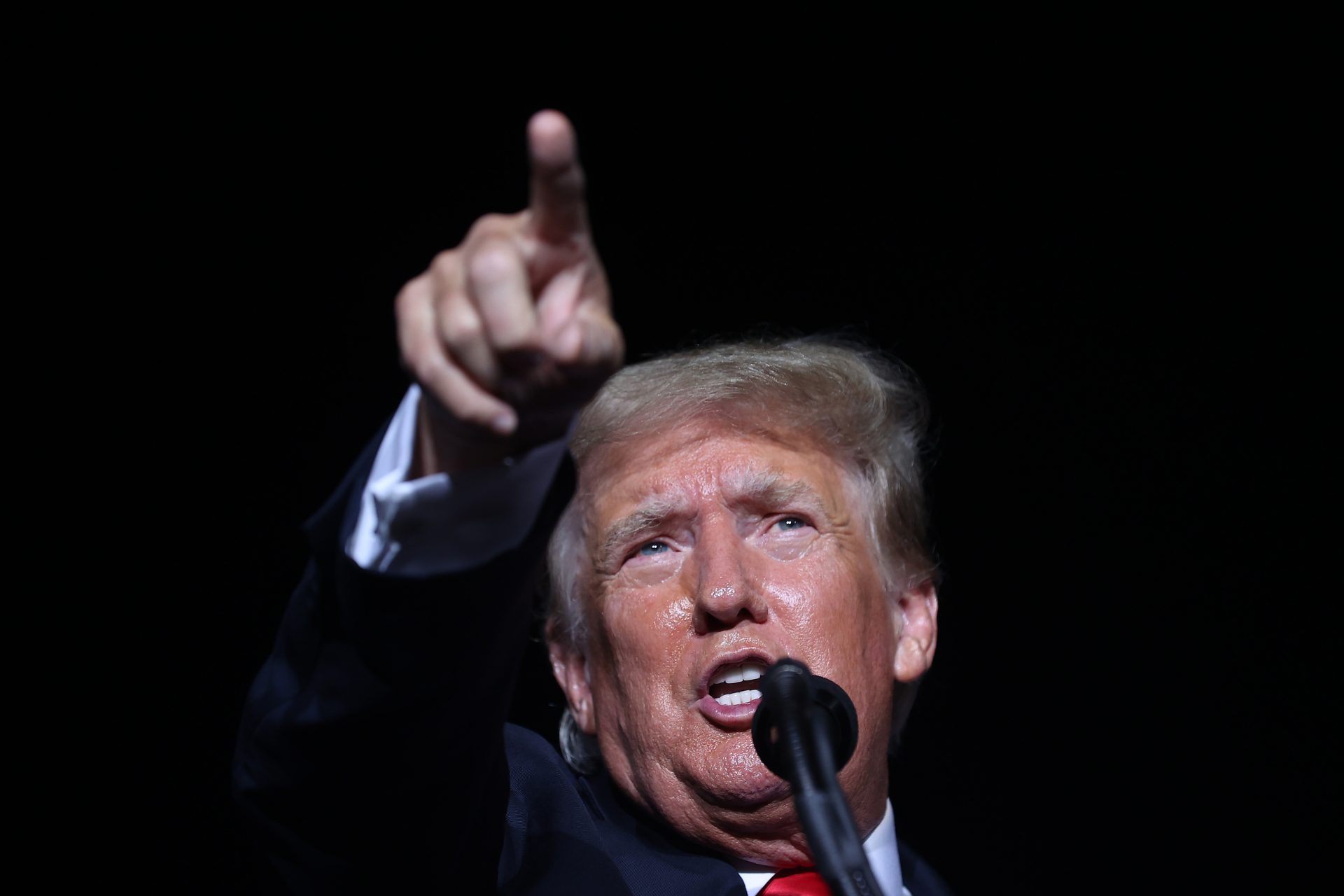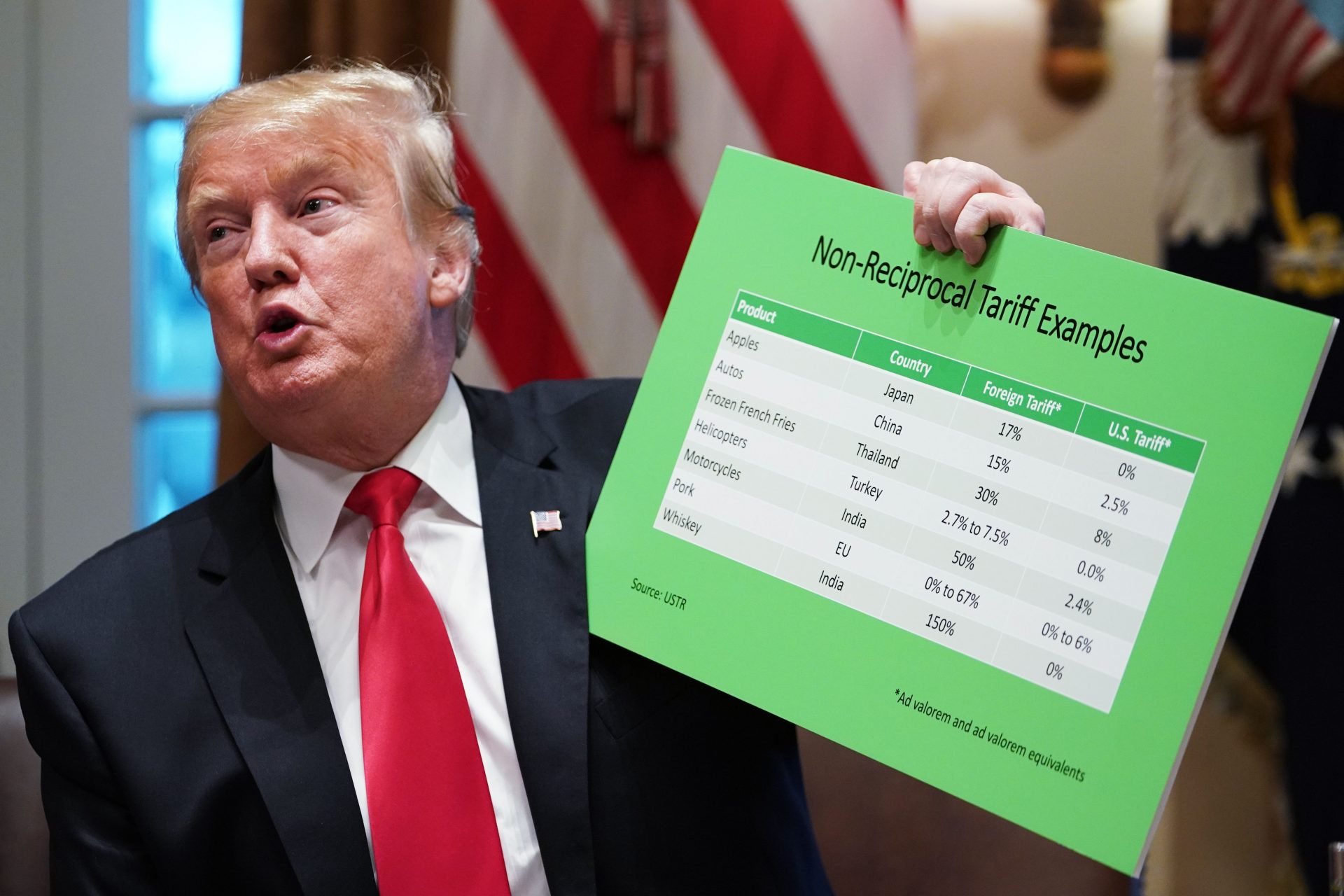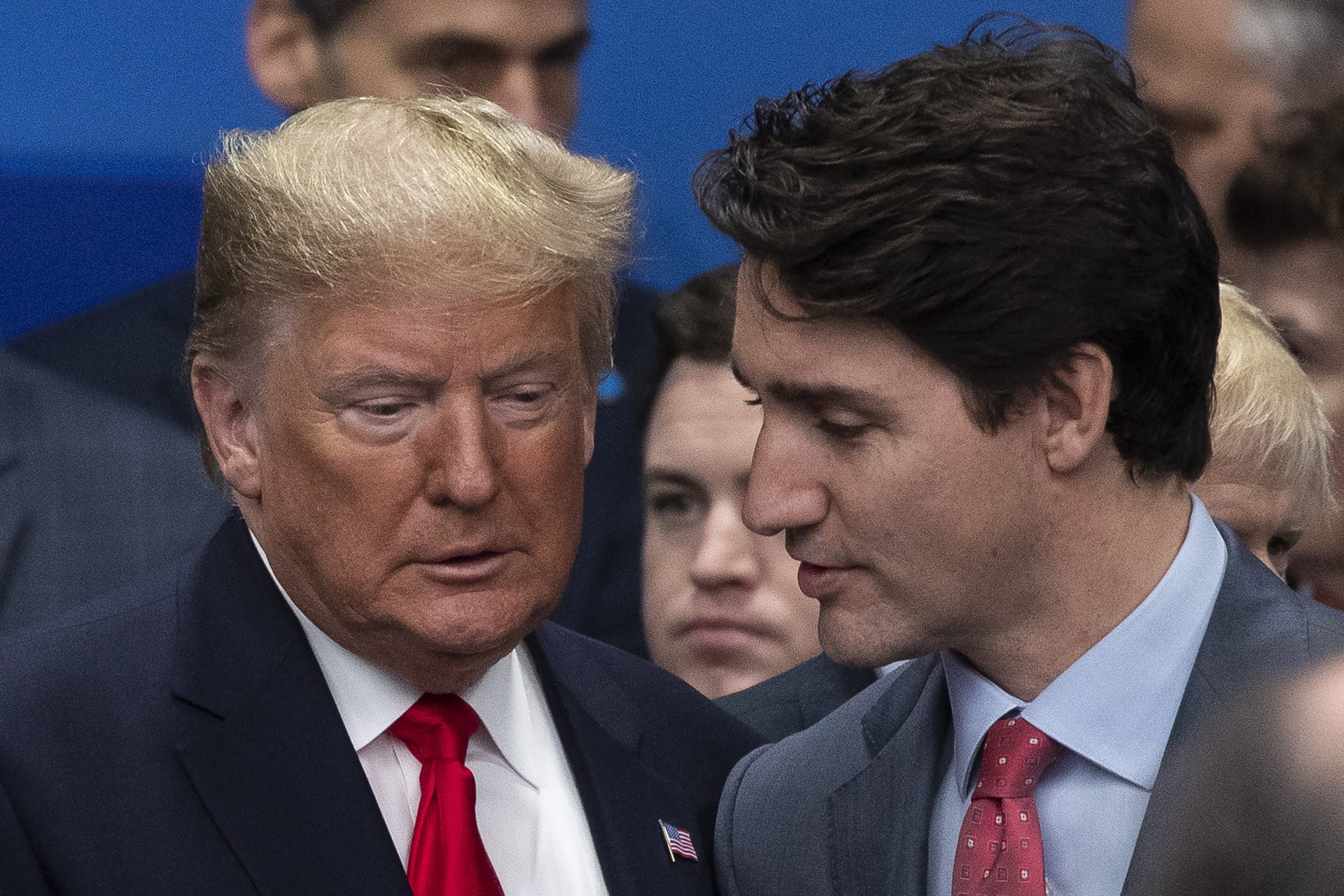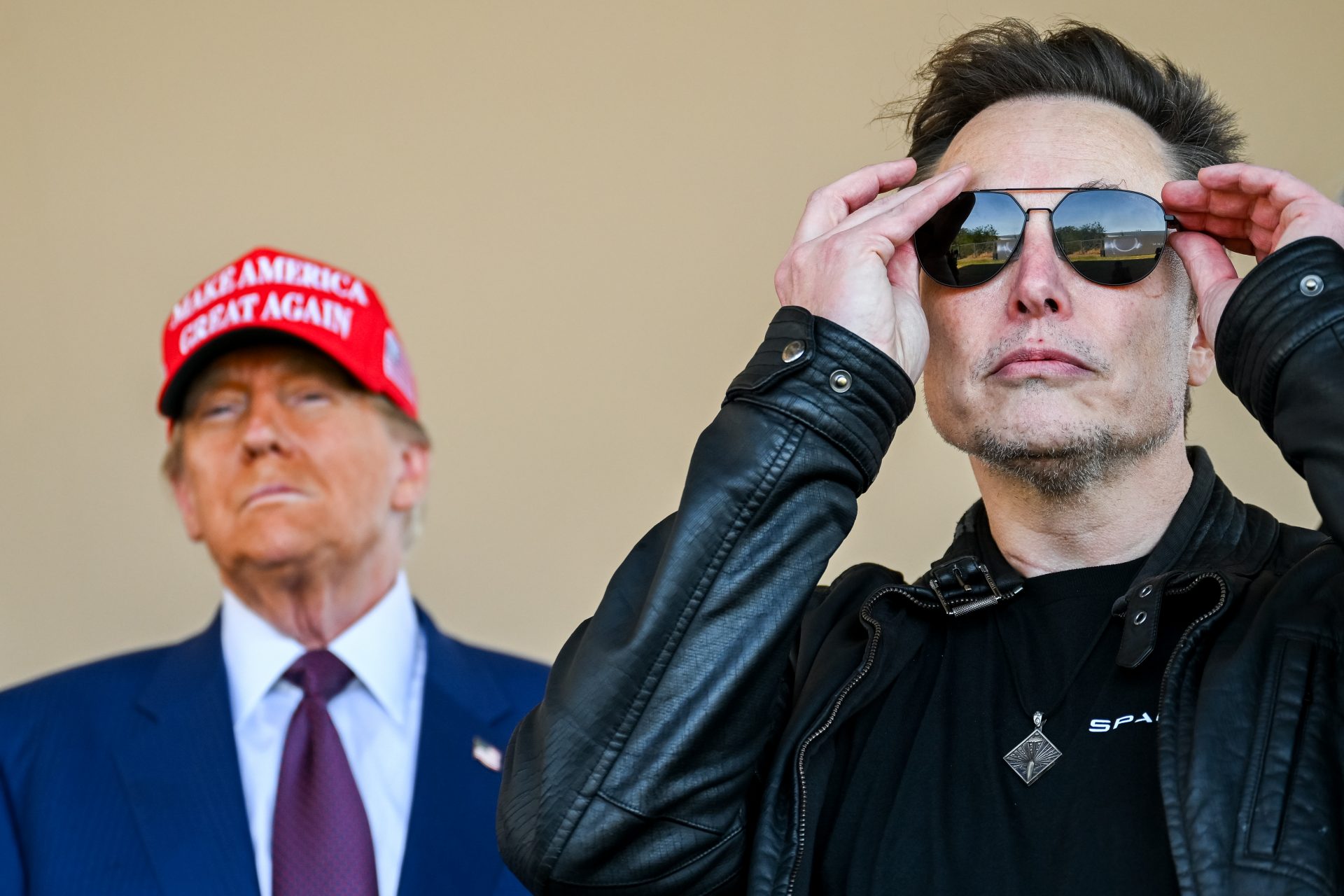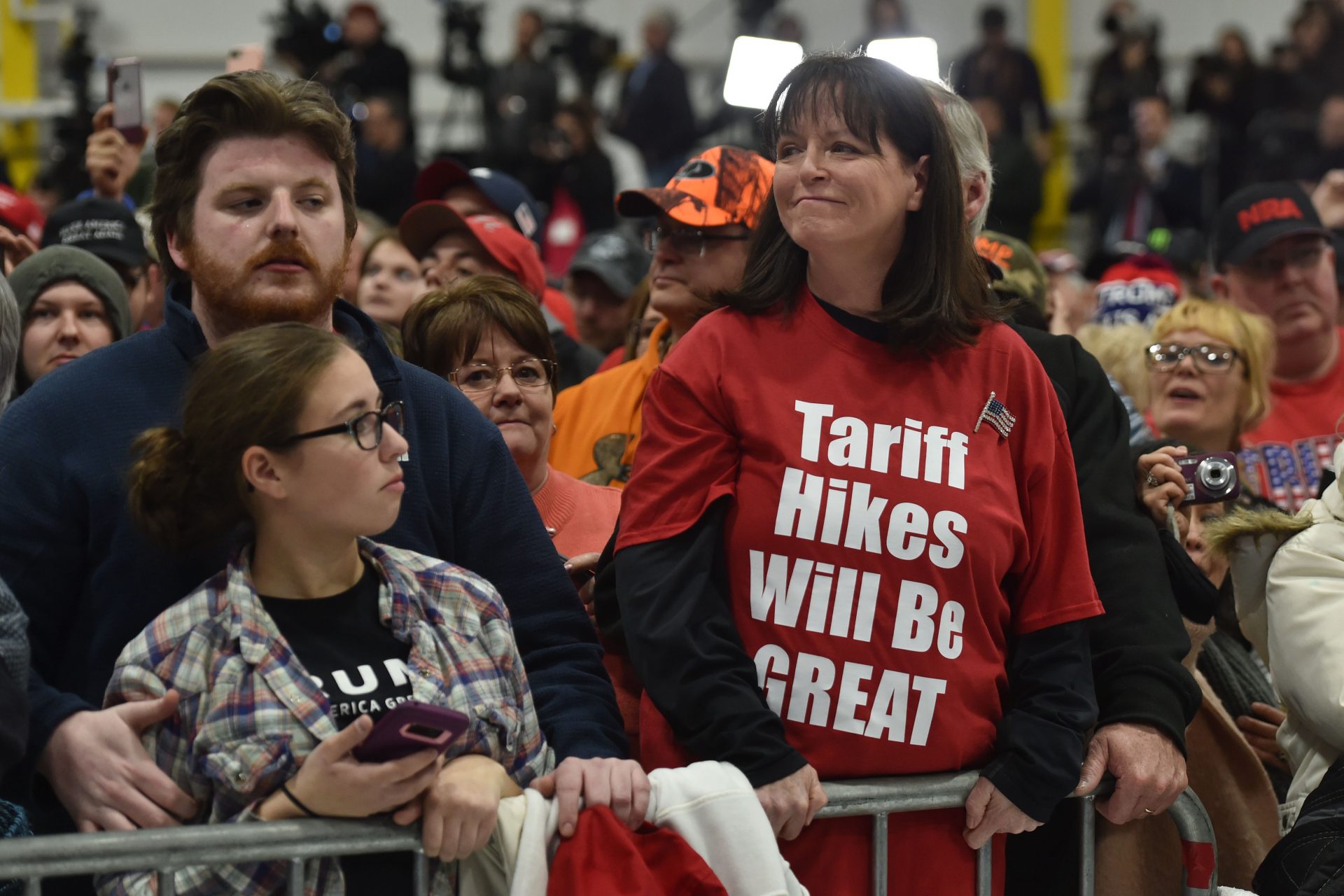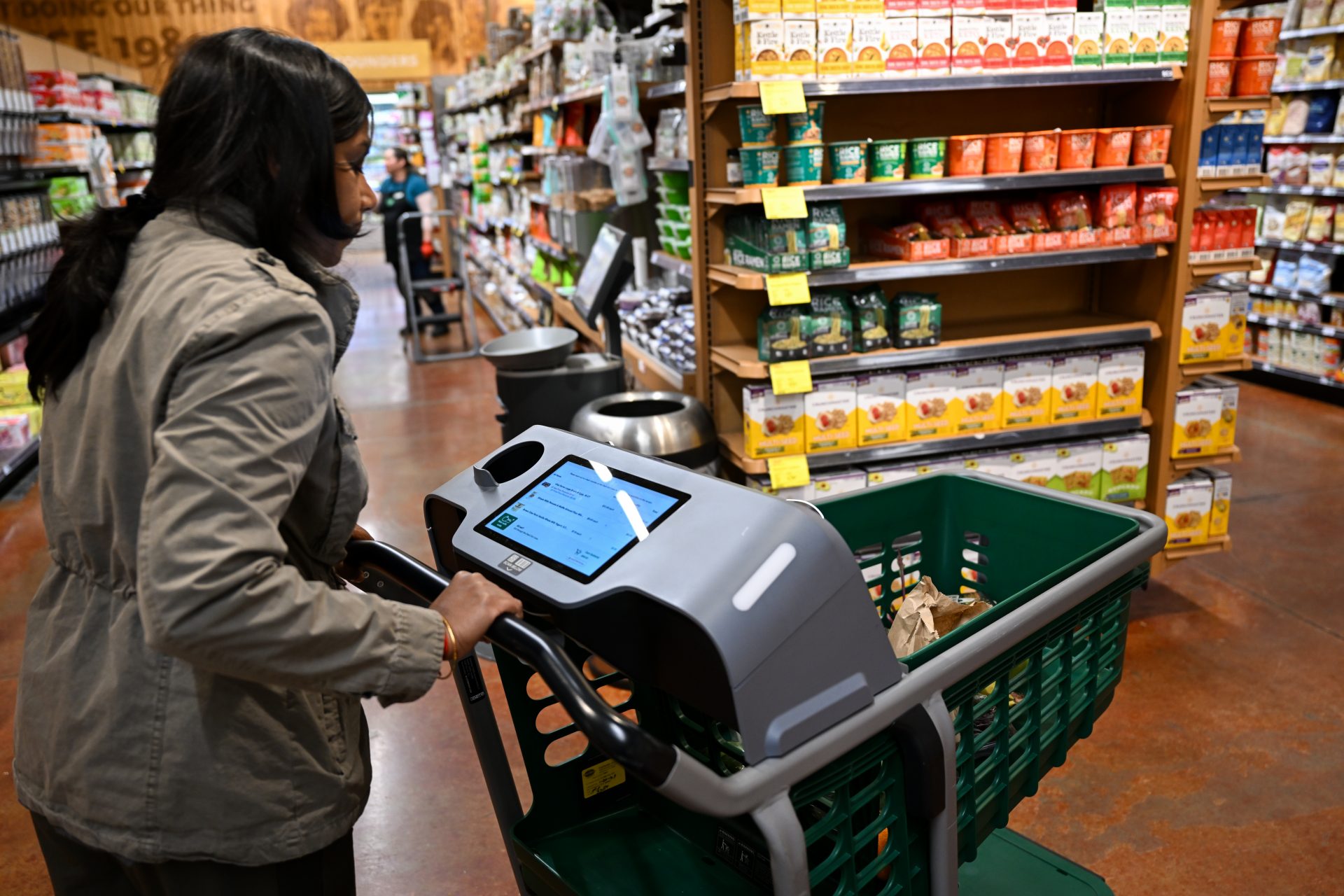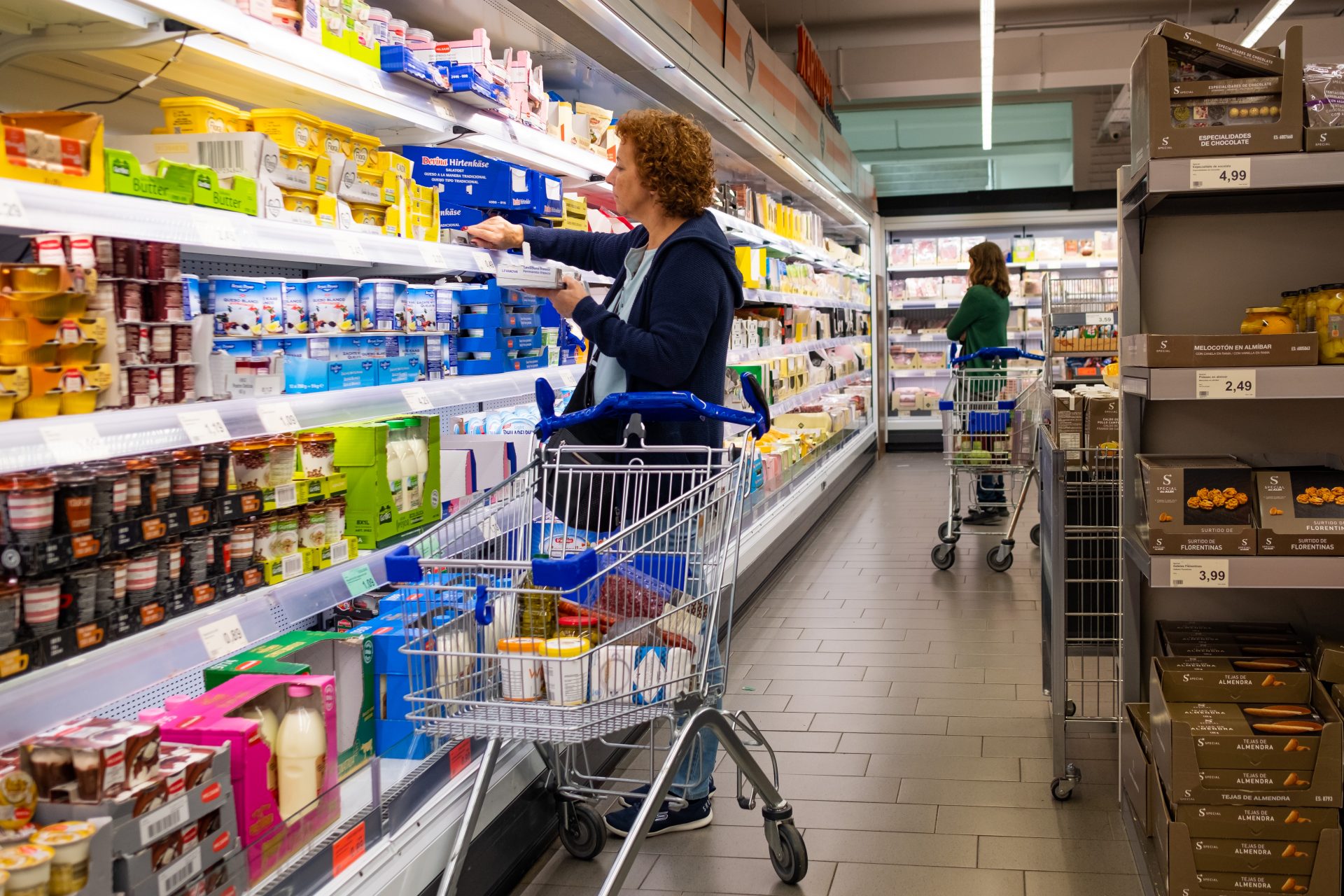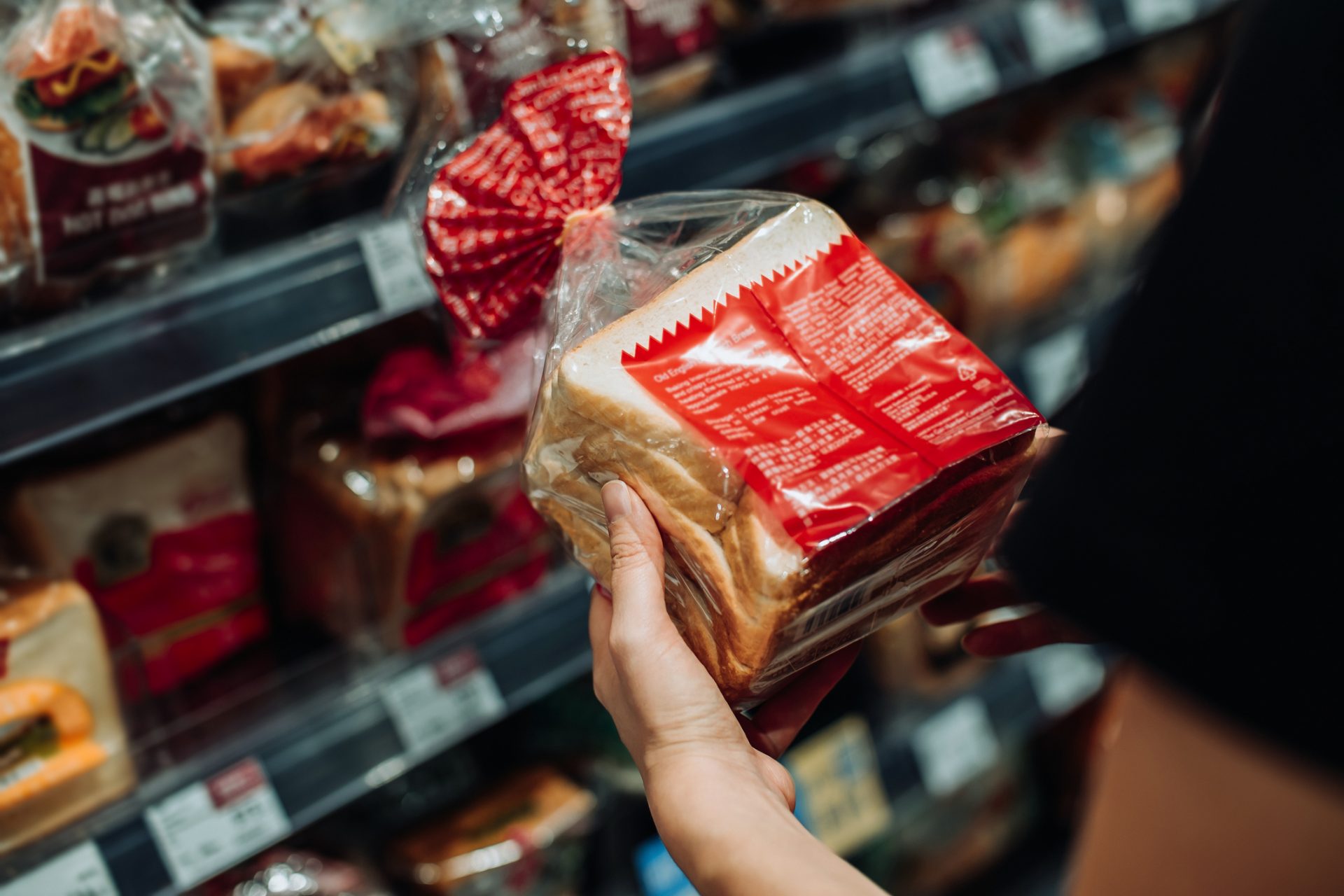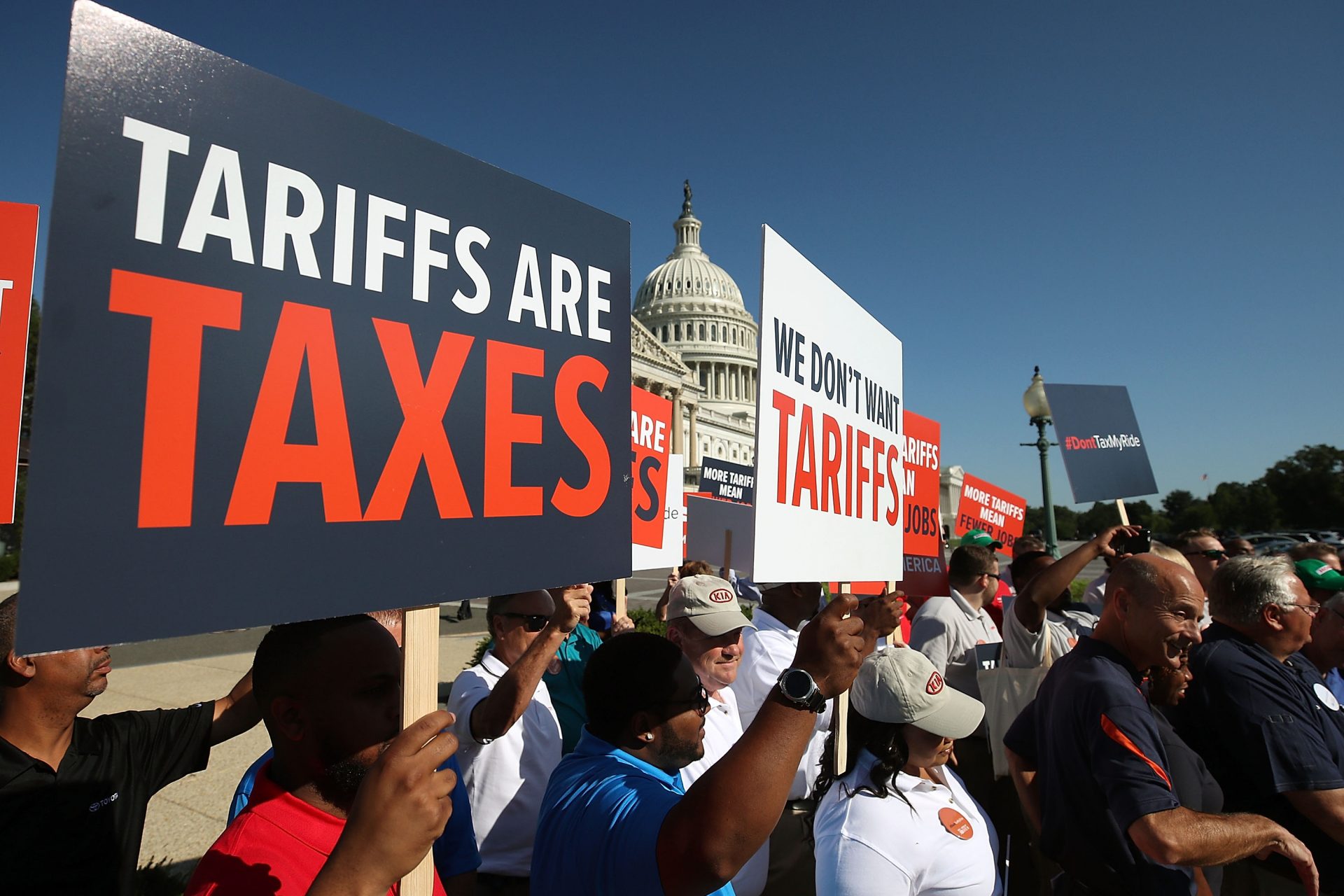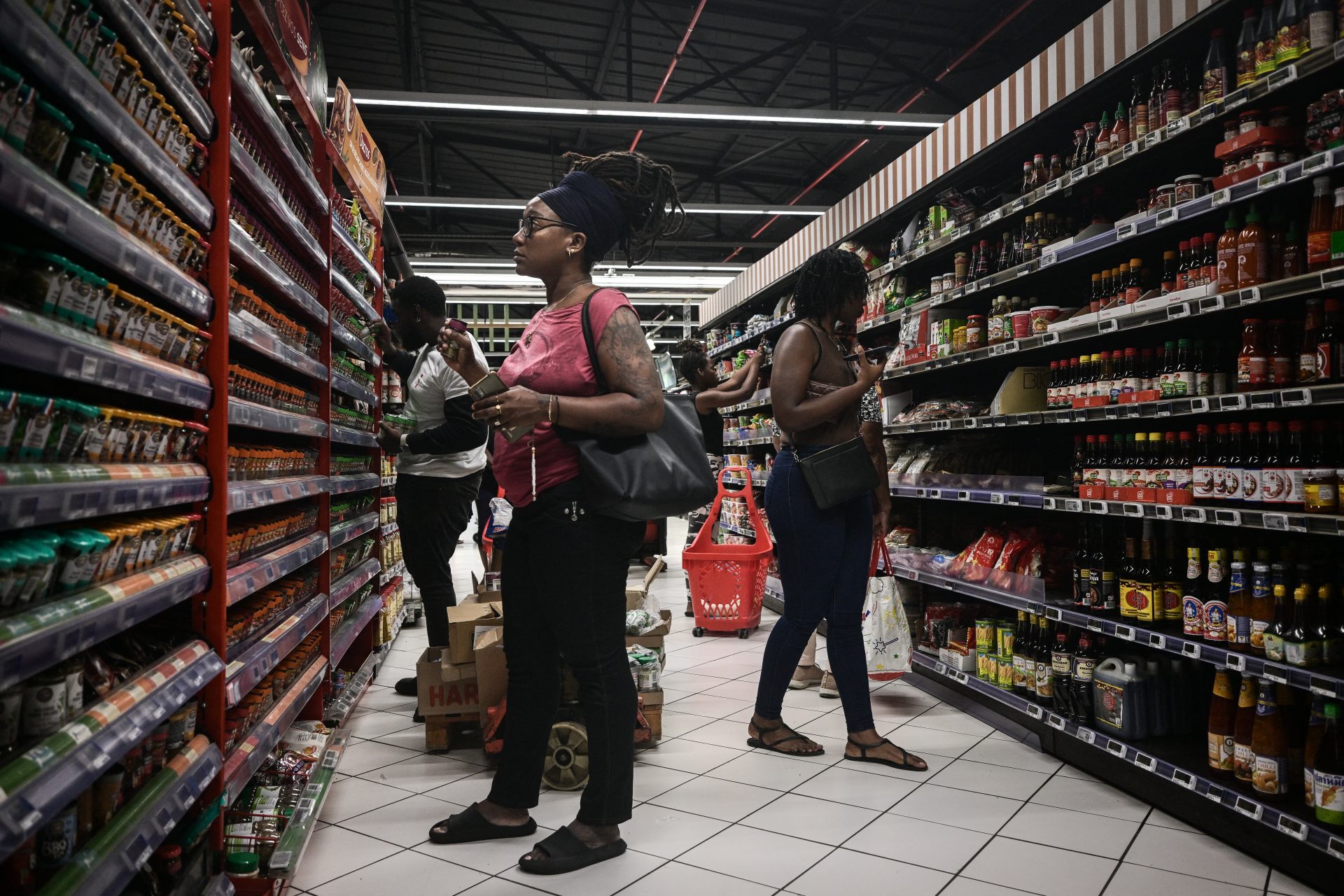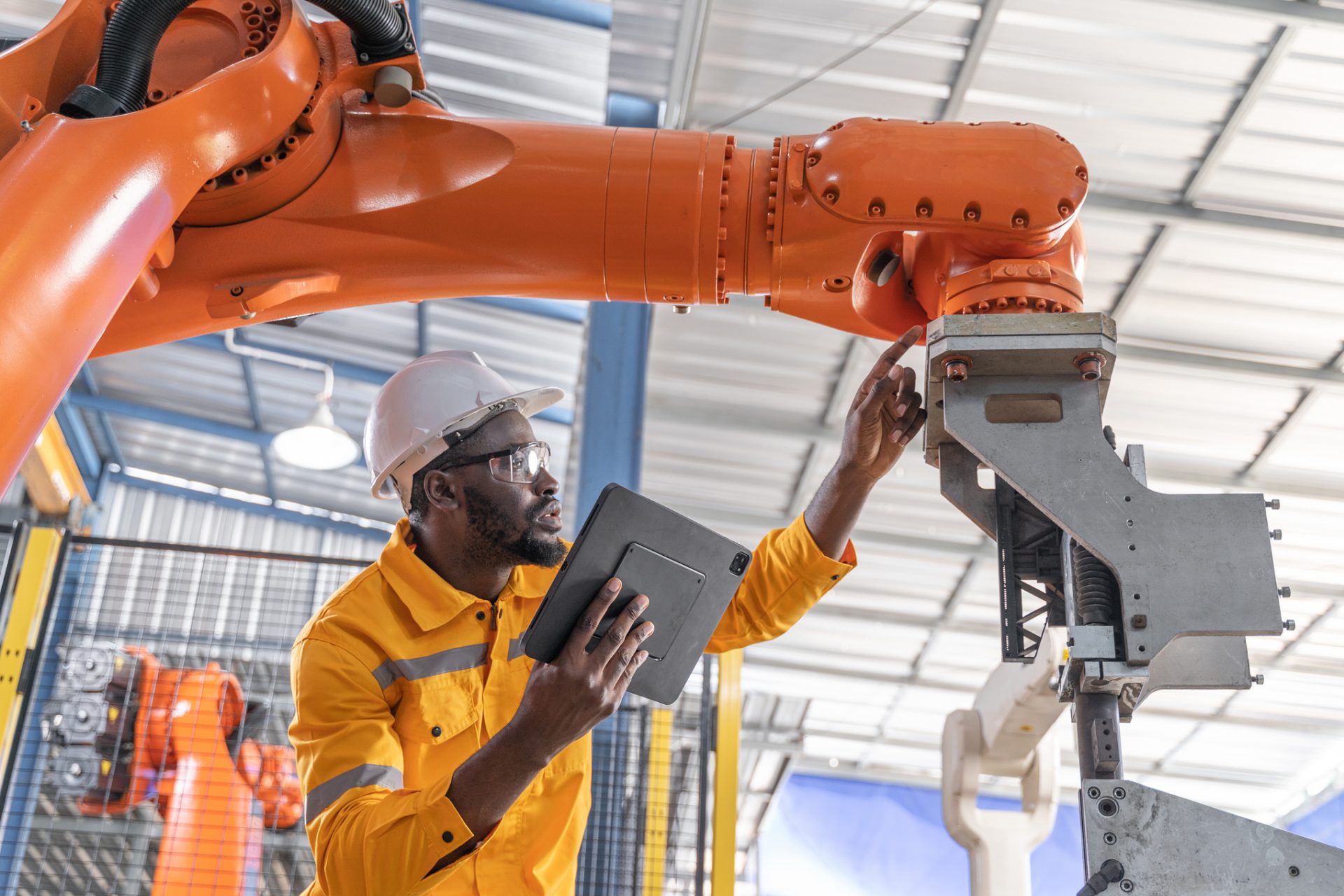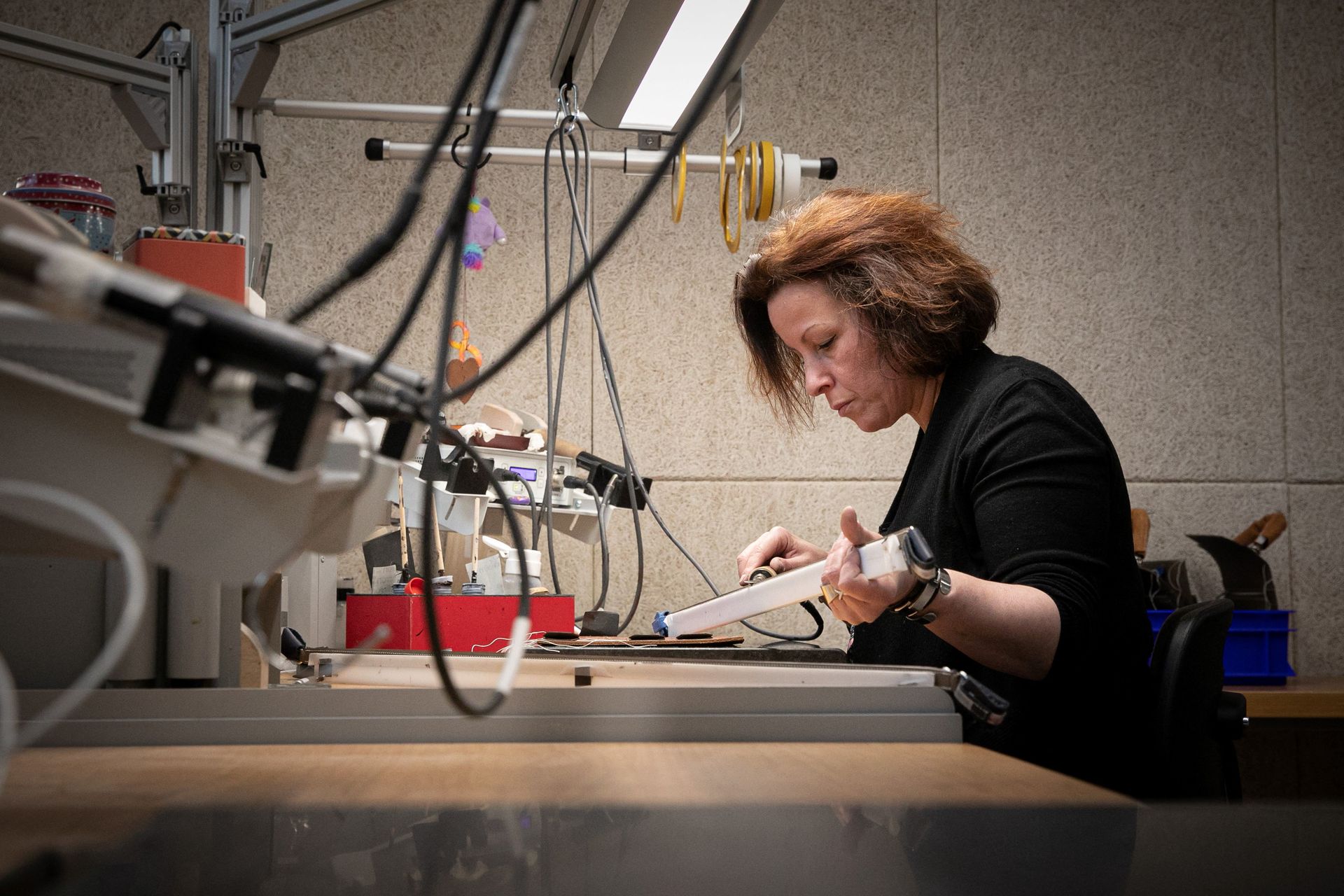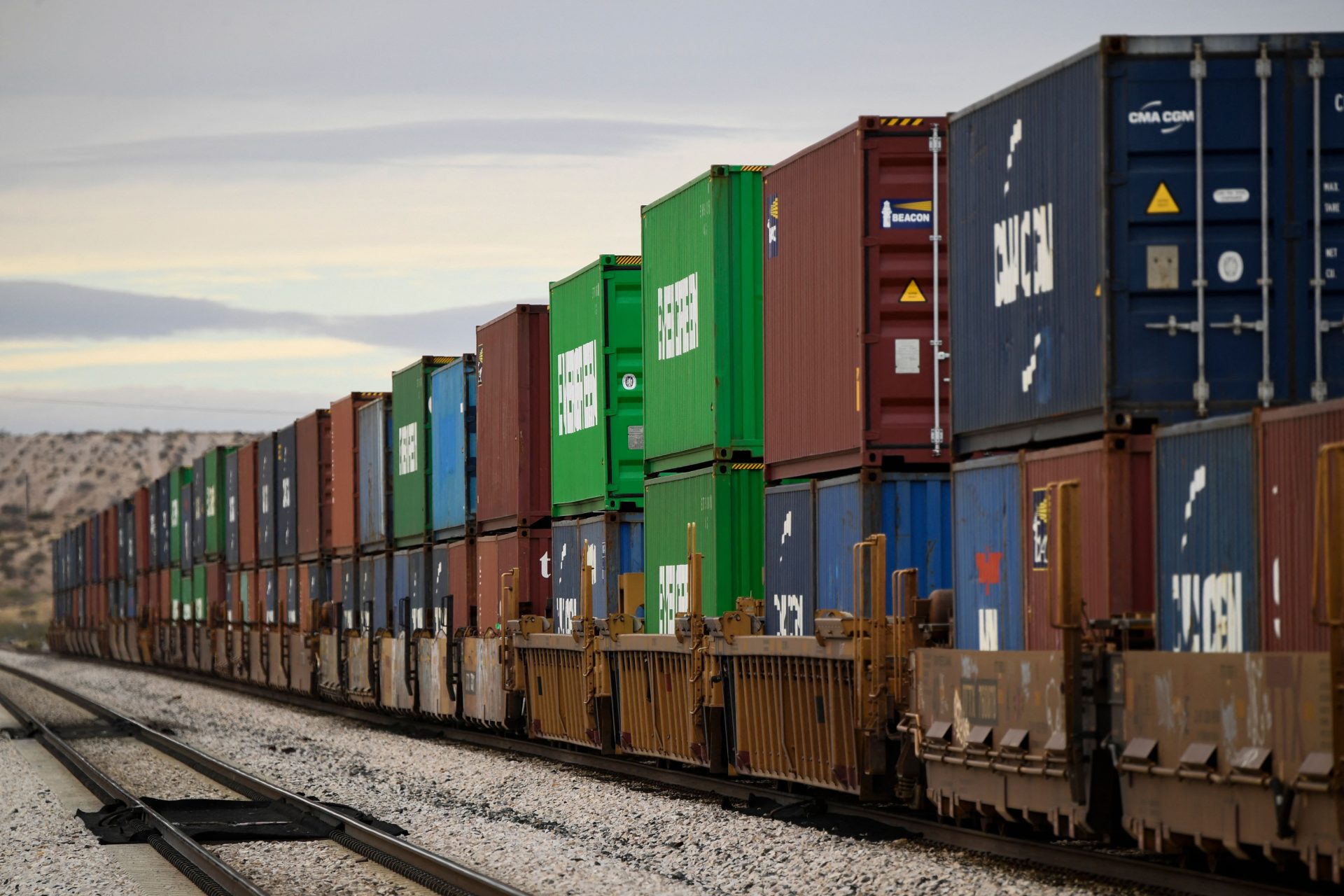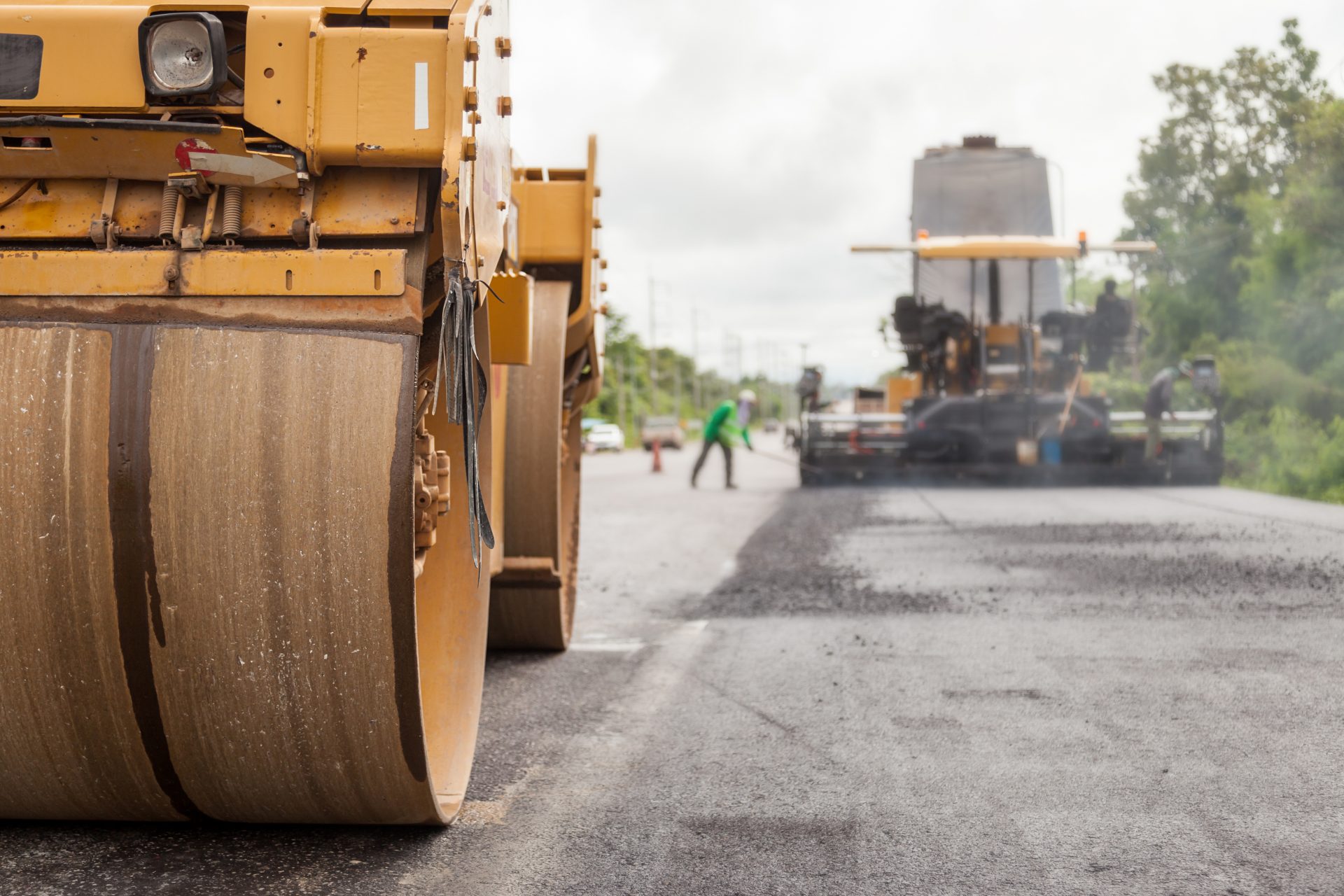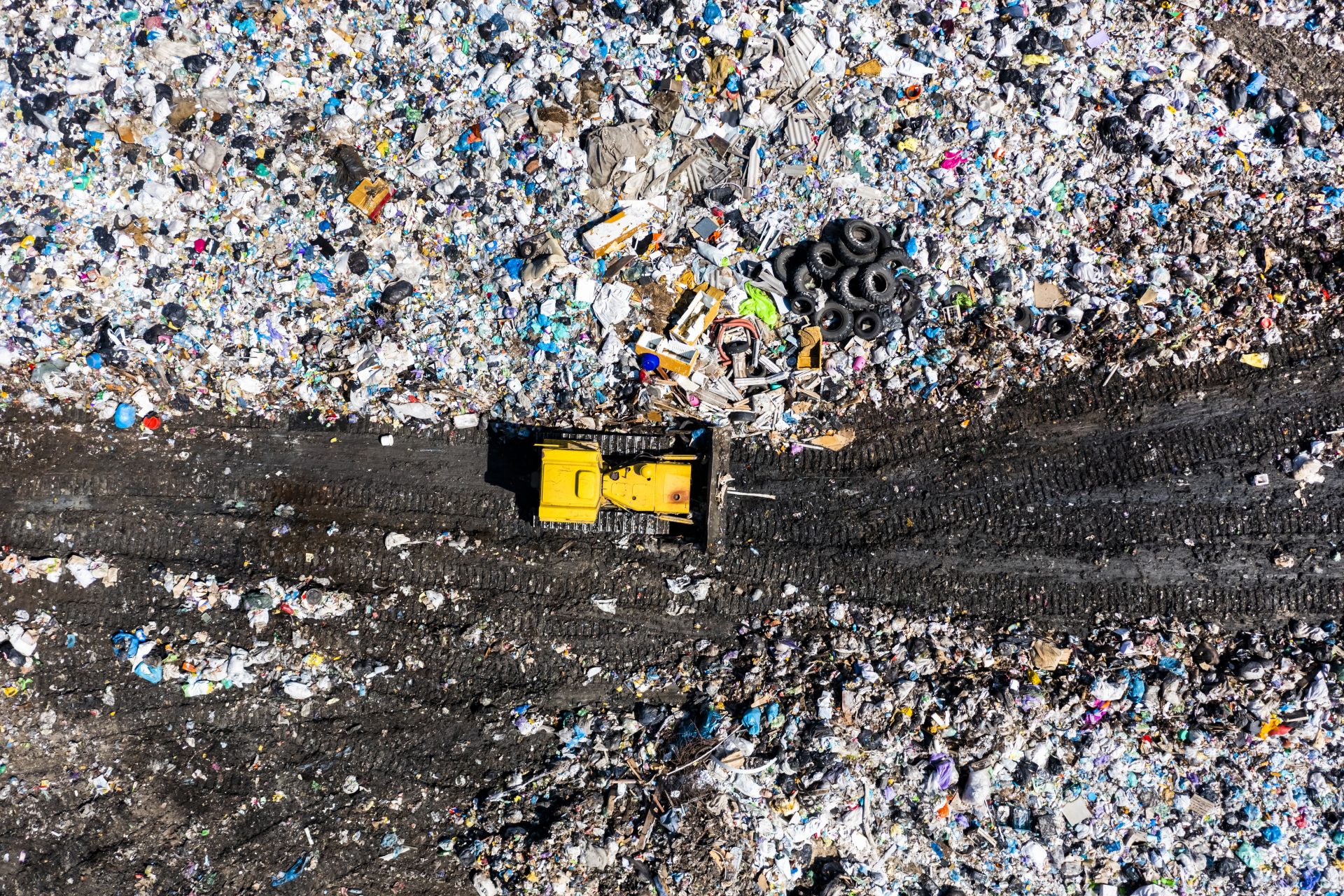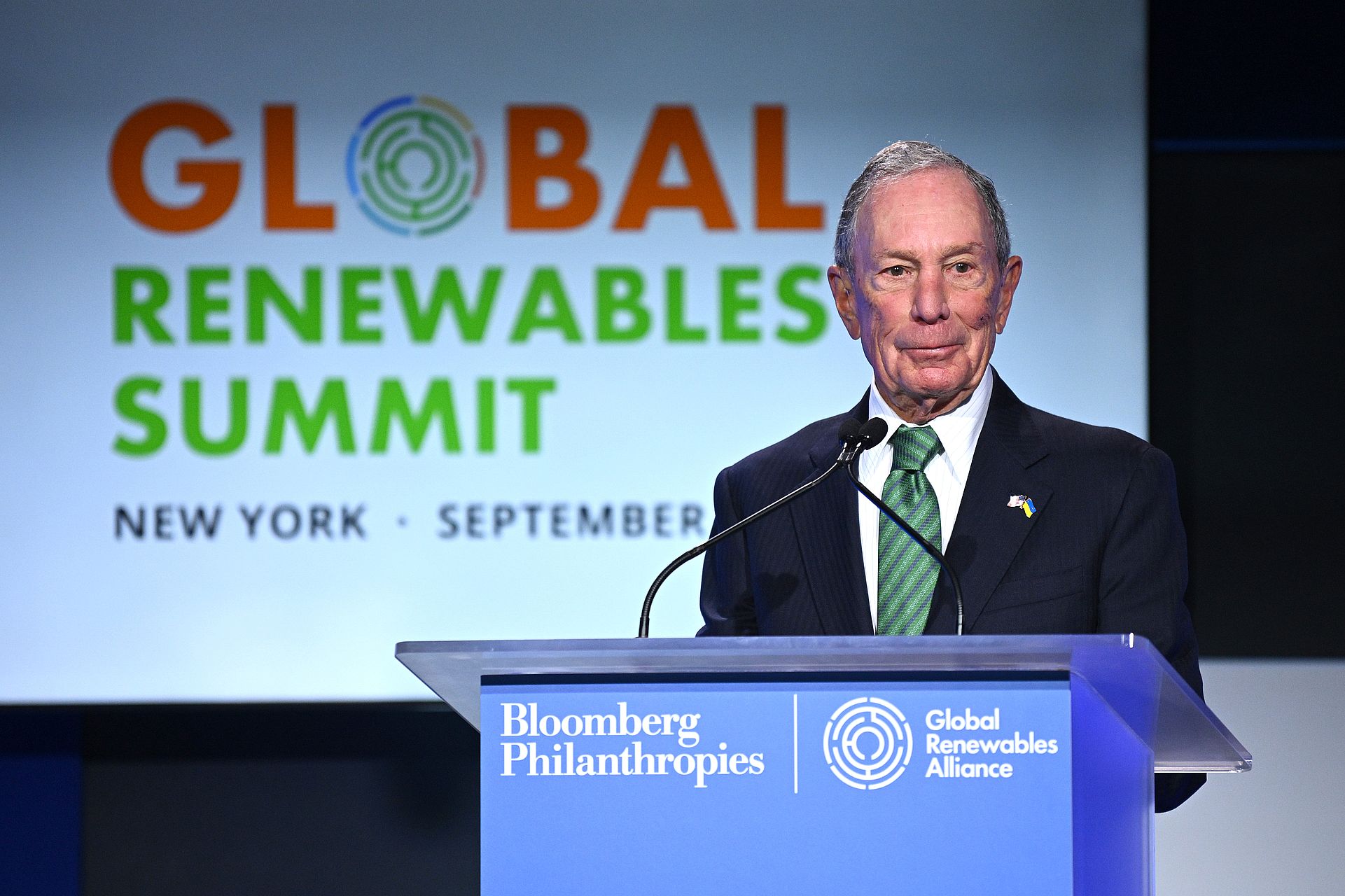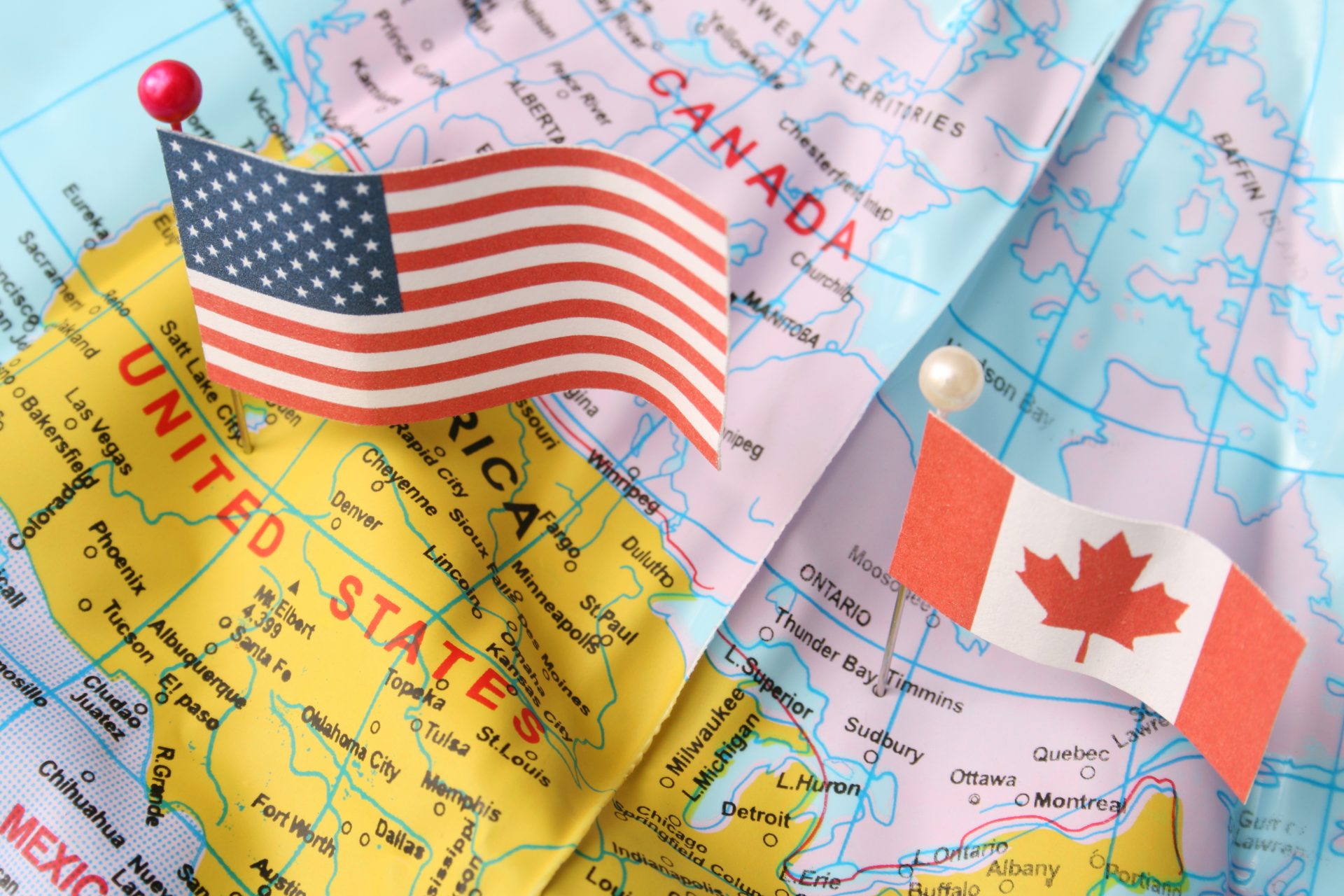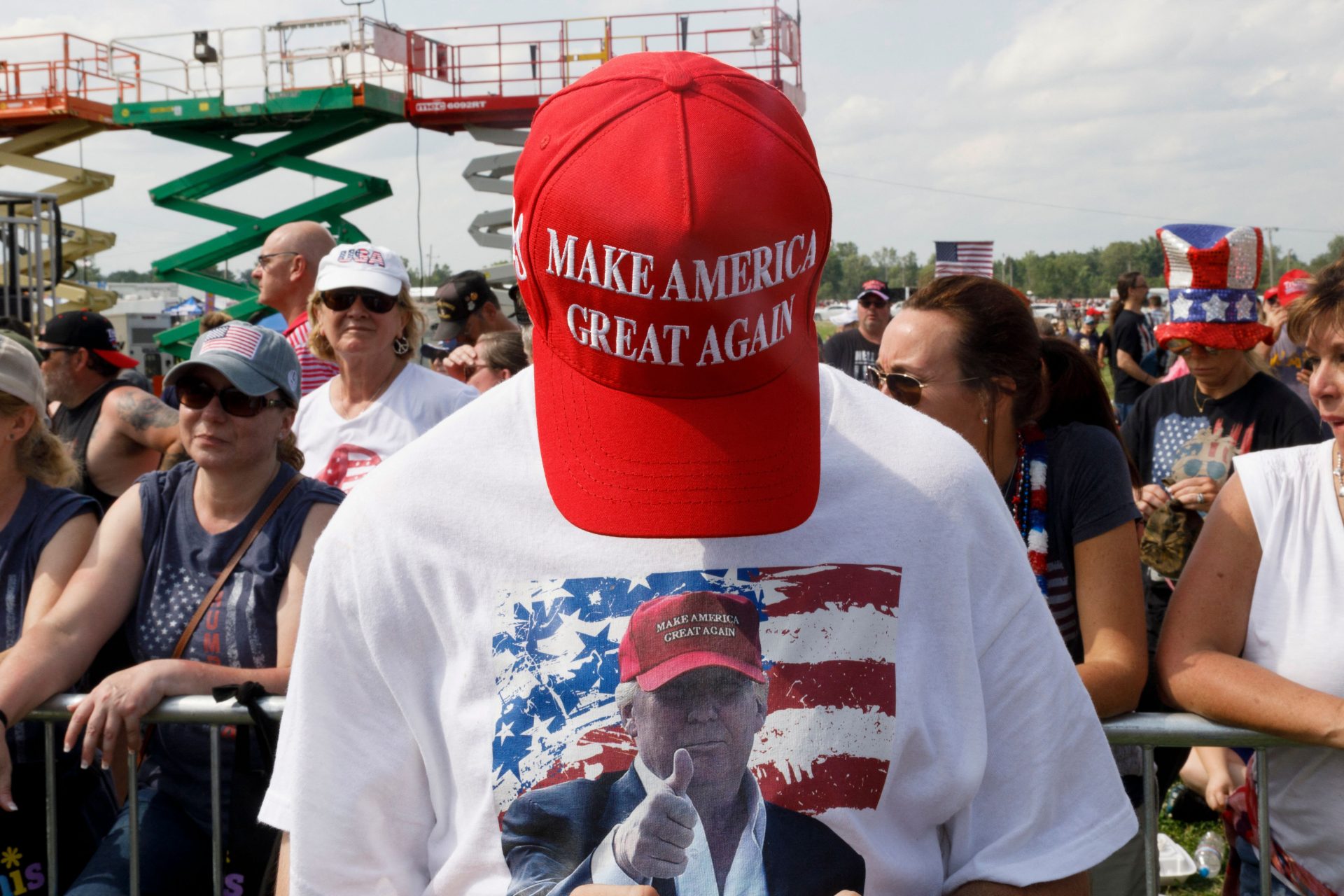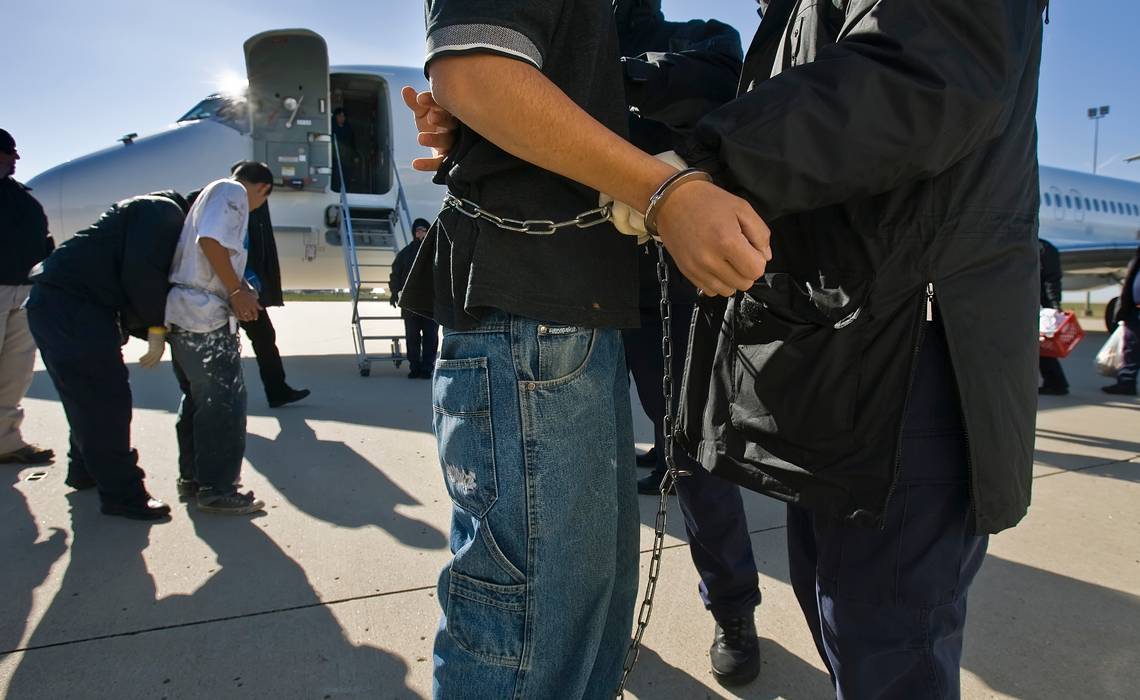Some American consumers are stockpiling ahead of Trump’s tariffs
Some American consumers are trying to prepare for potential tariffs that President-elect Trump could impose on imports when he takes office on January 20.
Mr. Trump has talked about imposing high tariffs on his first day in office, and despite winning on a promise to lower prices, the imposition could have the opposite effect.
He said he would impose 60% on China, 25% on Canada and Mexico, and 100% on BRICS (Brazil, Russia, India, China, South Africa, Iran, Egypt, Ethiopia and the United Arab Emirates) states.
The threats have already sparked conflict between the three North American countries, which are about to renegotiate their free trade deal next year.
According to CNN, some experts believe that President-elect Trump will use the high-tariff threat as a negotiation method and that the final impositions will be less harsh.
However, many consumers fear that if tariffs are that high, some of their essential daily products and appliances could become much more expensive.
According to the Wall Street Journal, two surveys have shown that many American consumers are stockpiling goods and appliances ahead of tariffs.
The University of Michigan’s monthly survey of consumers said a quarter were preparing, and a 2,000-people study by CreditCards.com claimed a third of respondents were stockpiling.
According to CNN and the WSJ, some people are stockpiling basic products like coffee or toilet paper. Other common items are appliances and car parts.
The WSJ said that part of the November inflation rise could be traced back to consumers preparing for President-elect Trump’s tariff plan.
Scott Lincicome, vice president of general economics and trade at the Cato Institute, told CNN that stockpiling to avoid high prices could, in fact, raise prices.
However, retailers might be spiking up prices independently. According to the WSJ, retailers and manufacturers could raise prices in preparation for future inflation.
“The notion that prices are on a particular trajectory plays elementally in your decision about how to raise your prices,” Robert Barbera, director of the Center for Financial Economics at Johns Hopkins University, told the WSJ.
The newspaper also said manufacturers are stockpiling imported parts and raw materials ahead of tariffs. Buying activity among North American manufacturers sparked in November.
According to the WSJ, the buying reached its highest level in over a year. It even drove up global demand for products like emulsifiers or flavor enhancers.
“They are acting now to secure critical items. Taking a wait-and-see approach for the rest,” John Piatek, a VP of consulting at GEP, a supply-chain software company, told the newspaper.
More for you
Top Stories




